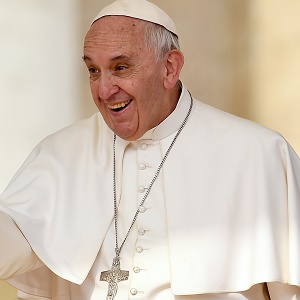Religions have divided, not united people, for over 2,000 years, scientists find

Religions have been dividing society for over 2,000 years, scientists have found.
It has often been debated whether religions spread acceptance and unity, or the opposite, but some scientists claim to have found an answer.
Looking at whether religion caused peace or conflict in early societies, researchers from the University of Central Florida and the University of Colorado, released a study looking at dates back to 700BC.
It looked at several Mexican archaeological sites, and may have found what many have debated for years.
The study’s findings contradict the idea that religion united early societies.
Rather than promoting unity and growth, the makings of community links due to local religious rituals actually delayed the development of larger state institutions.
Professor Arthur A Joyce and Associate Professor Sarah Barber were in charge of the project which undertook years of field research at the sites.
[interaction id=”567a67c5781fde0551aee7f4″]
They looked at the period between 700BC and 250AD, and found in that time that “elites” made their way to the top of society and controlled connections between gods and their communities.
This led to conflict with the traditional leaders of the communities.
Religion stunted the growth of large regional states, and instead large grand temples were built by 100AD.
However the temples were abandoned a hundred years later.
Professor Joyce from the University of Colorado said: “In both the Valley of Oaxaca and the Lower Río Verde Valley, religion was important in the formation and history of early cities and states, but in vastly different ways.
“Given the role of religion in social life and politics today, that shouldn’t be too surprising.”

